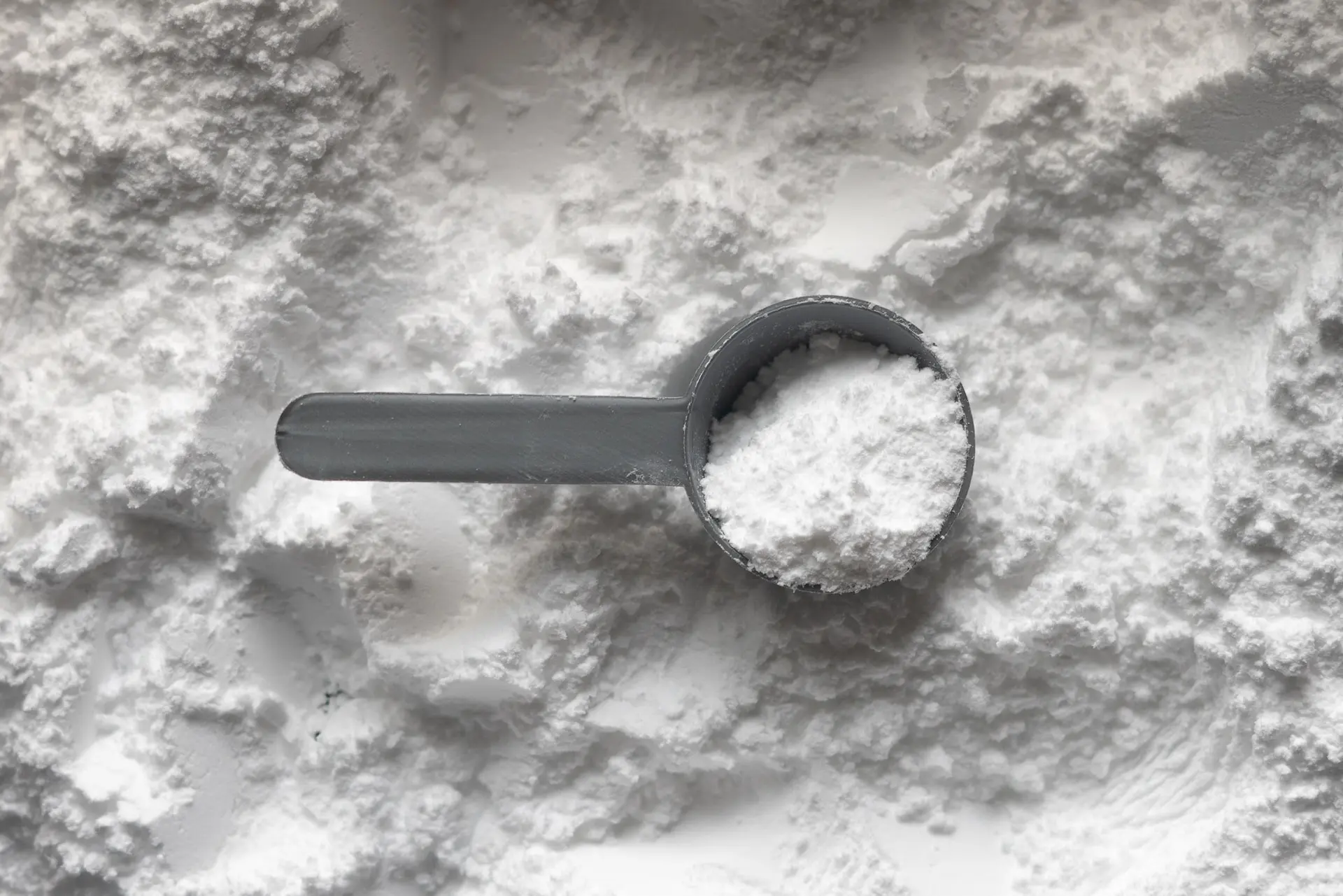Creatine
What is Creatine?
Creatine is a naturally occurring compound found in muscle cells that helps produce energy during high-intensity exercise. It is widely used as a dietary supplement to improve muscle growth, strength, and exercise performance. Creatine supplements have been researched extensively and are considered safe and effective for most individuals.
Where does Creatine come from?
Creatine is synthesized in the body from the amino acids glycine, arginine, and methionine. It can also be obtained through dietary sources, mainly from meat and fish. Creatine supplements are typically made from a synthesized version of creatine called creatine monohydrate, which has been proven to be the most effective and safest form for consumption.
What are the effects of Creatine?
Cognitive
- Creatine has been shown to have some cognitive benefits, particularly in tasks that require short-term memory and quick thinking.
- It may also have neuroprotective effects, as it has been shown to reduce cell damage in certain brain diseases.
Physical
- Creatine helps increase muscle mass by enhancing muscle protein synthesis and reducing protein breakdown.
- It boosts exercise performance by increasing the availability of phosphocreatine, a compound that provides energy during high-intensity activities.
- Creatine can improve muscle recovery after exercise and reduce muscle damage and inflammation.
How to use Creatine?
Creatine can be taken as a powder, mixed with water, juice, or a protein shake. It can also be found in capsule or tablet form. For optimal results, it is recommended to follow a "loading phase" followed by a "maintenance phase":
- Loading phase: Take 20 grams of creatine daily, divided into 4 equal doses, for 5-7 days.
- Maintenance phase: Take 3-5 grams of creatine daily.
How much Creatine to use?
When trying out new supplements it is wise to start with a lower dose and–depending on the experienced effects–increase or decrease the dosage accordingly
Typical dosages for creatine are as follows:
- Mild: 3,000 mg per day
- Medium: 5,000 mg per day
- Strong: 10,000 mg per day
Always follow the manufacturer's instructions on the label and consult a healthcare professional before starting a creatine supplement regimen.
What are the side effects of Creatine?
Creatine is generally well-tolerated and considered safe when taken in recommended dosages. However, some potential side effects may include:
- Weight gain due to water retention
- Gastrointestinal issues, such as bloating, cramping, or diarrhea
- Dehydration, especially if not consuming enough water
It is important to stay properly hydrated while taking creatine supplements.
Interactions of Creatine
Most nootropics are relatively safe to use on their own. Combining them with other substances may cause them to suddenly become dangerous or life-threatening.
Creatine may interact with certain medications or other supplements. It is important to consult a healthcare professional before starting a creatine supplement regimen, especially if you are taking medications or have pre-existing medical conditions.
| Name | Creatine |
| Other names | Creatine Monohydrate |
| Effects | Energy |
| Dosage | 3000 ~ 5000 mg Low to medium dosage 3000 5000 10000 |
